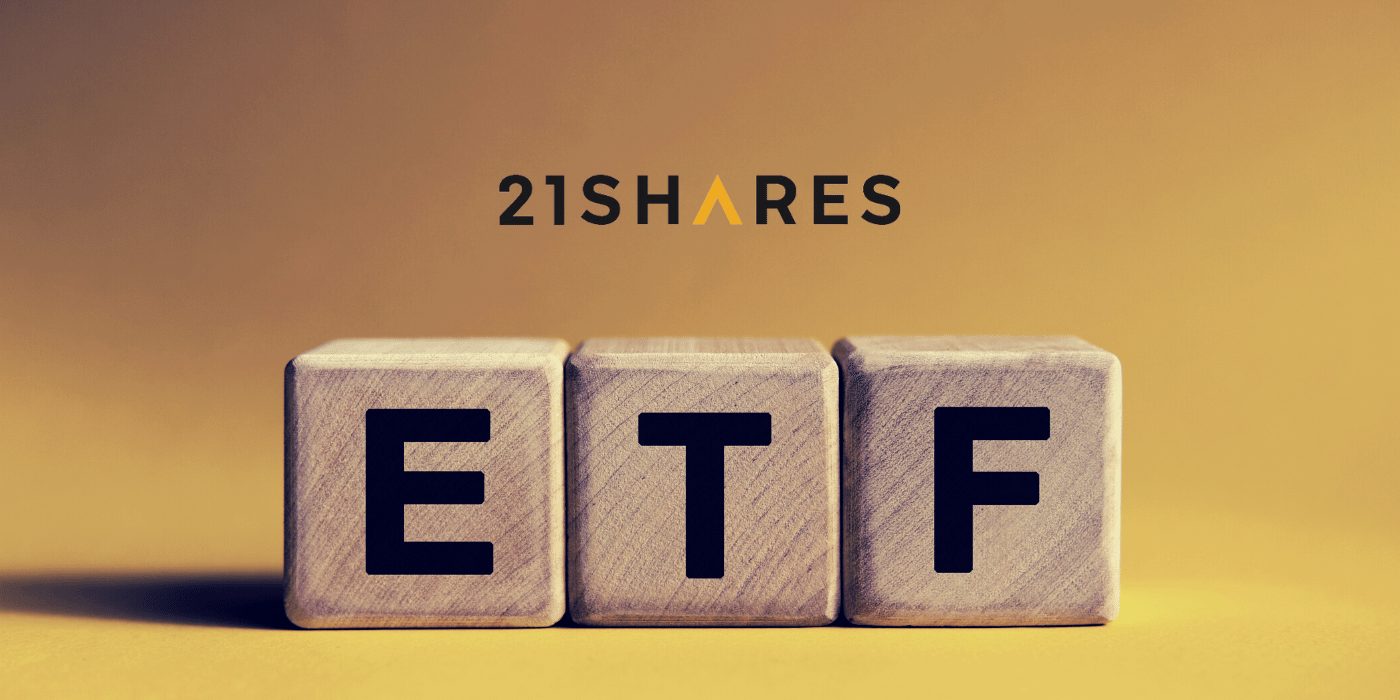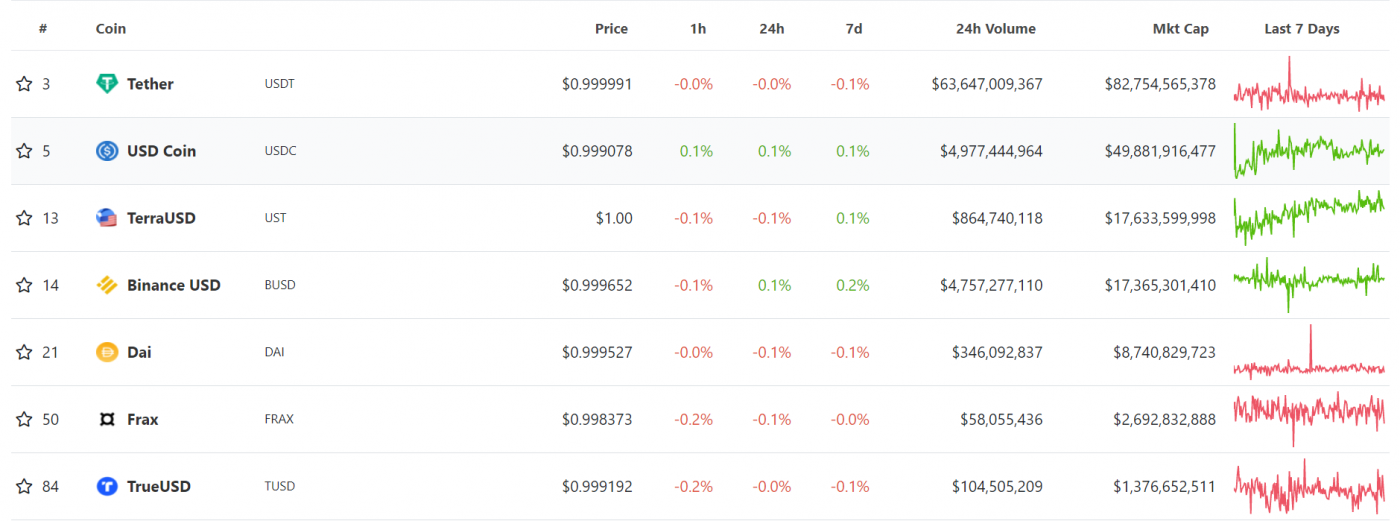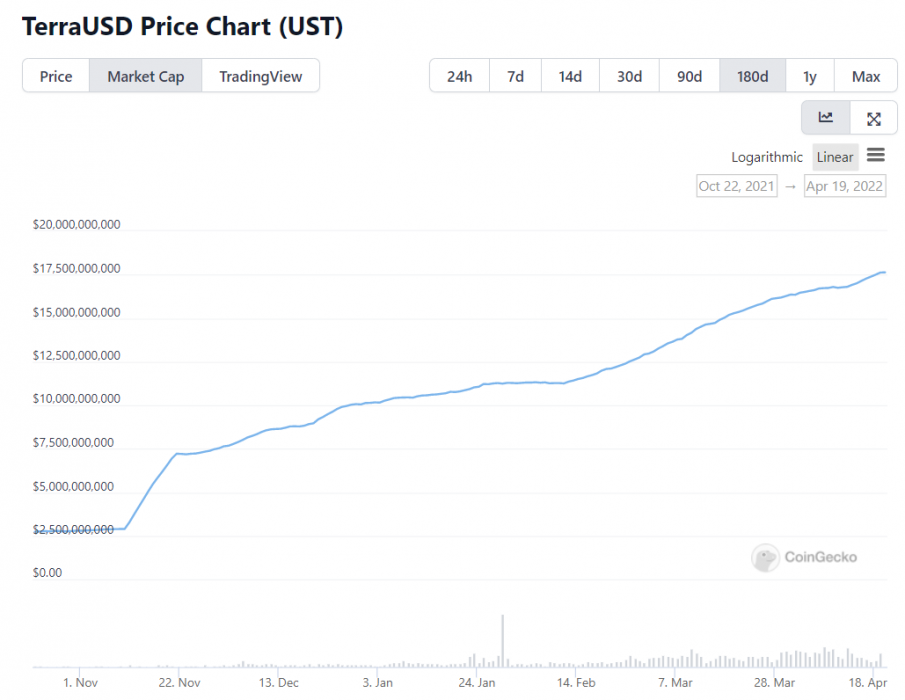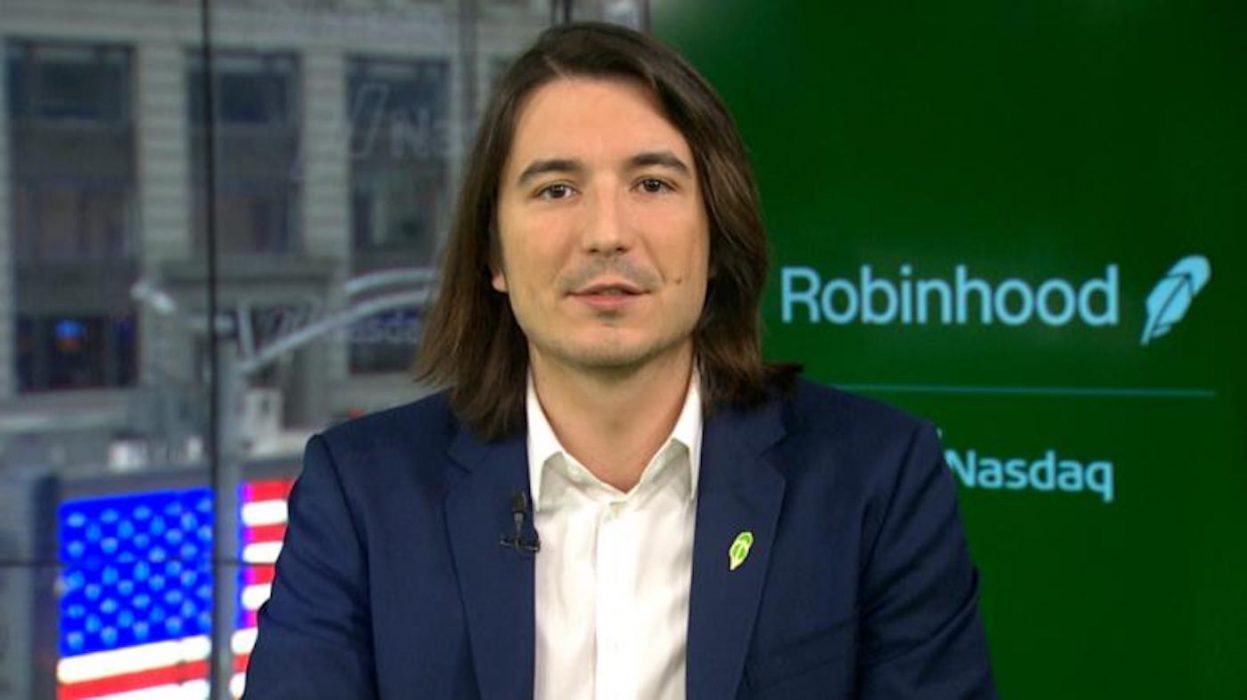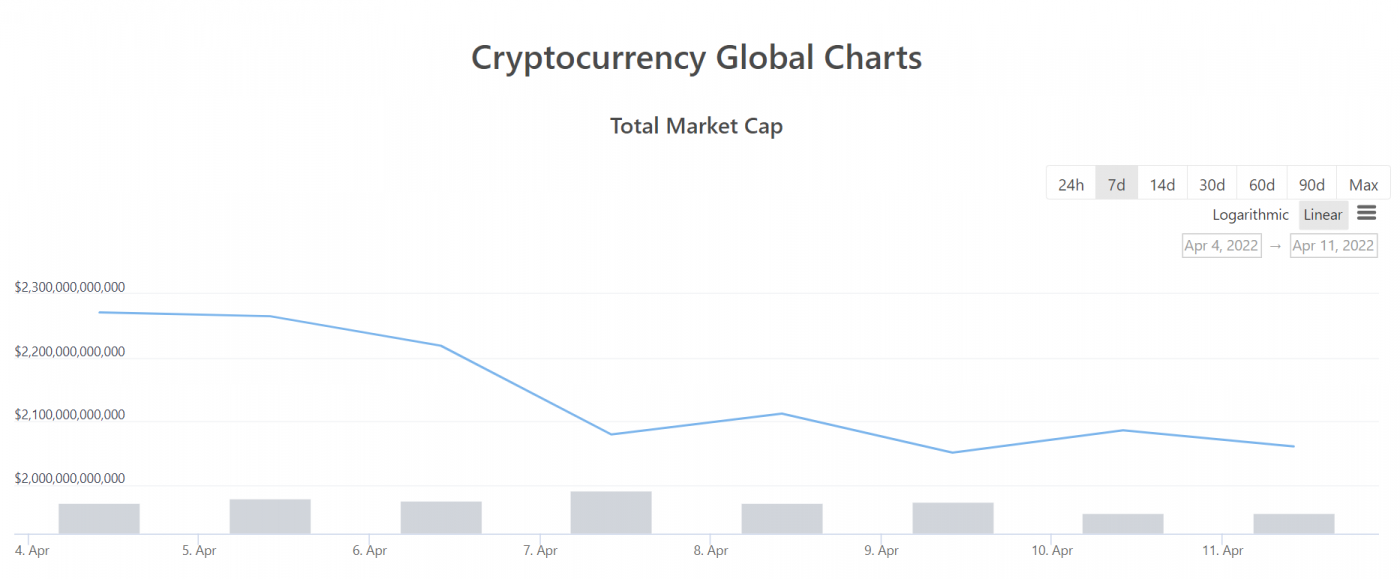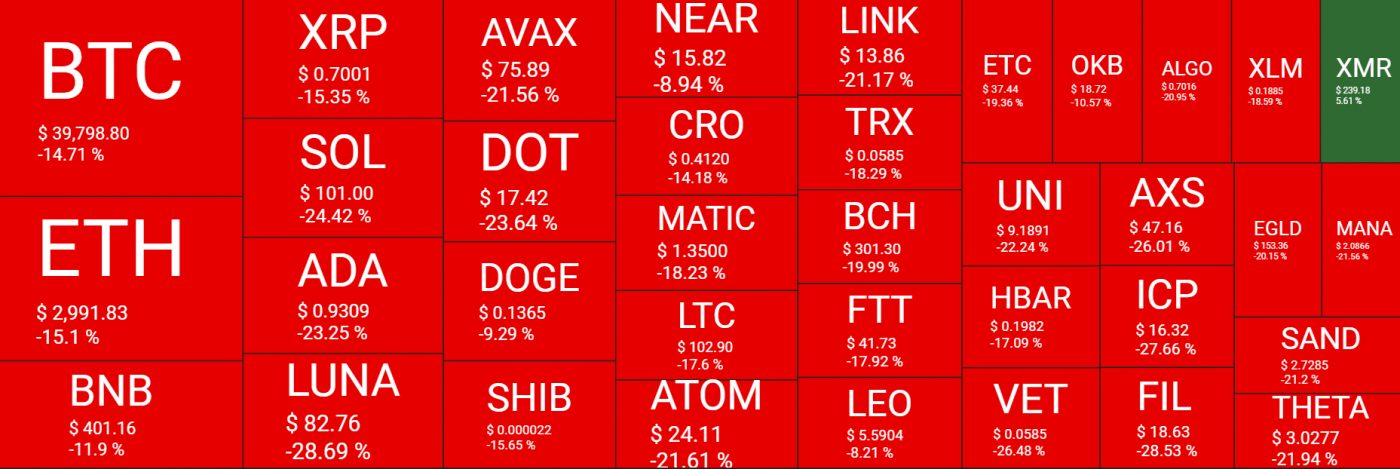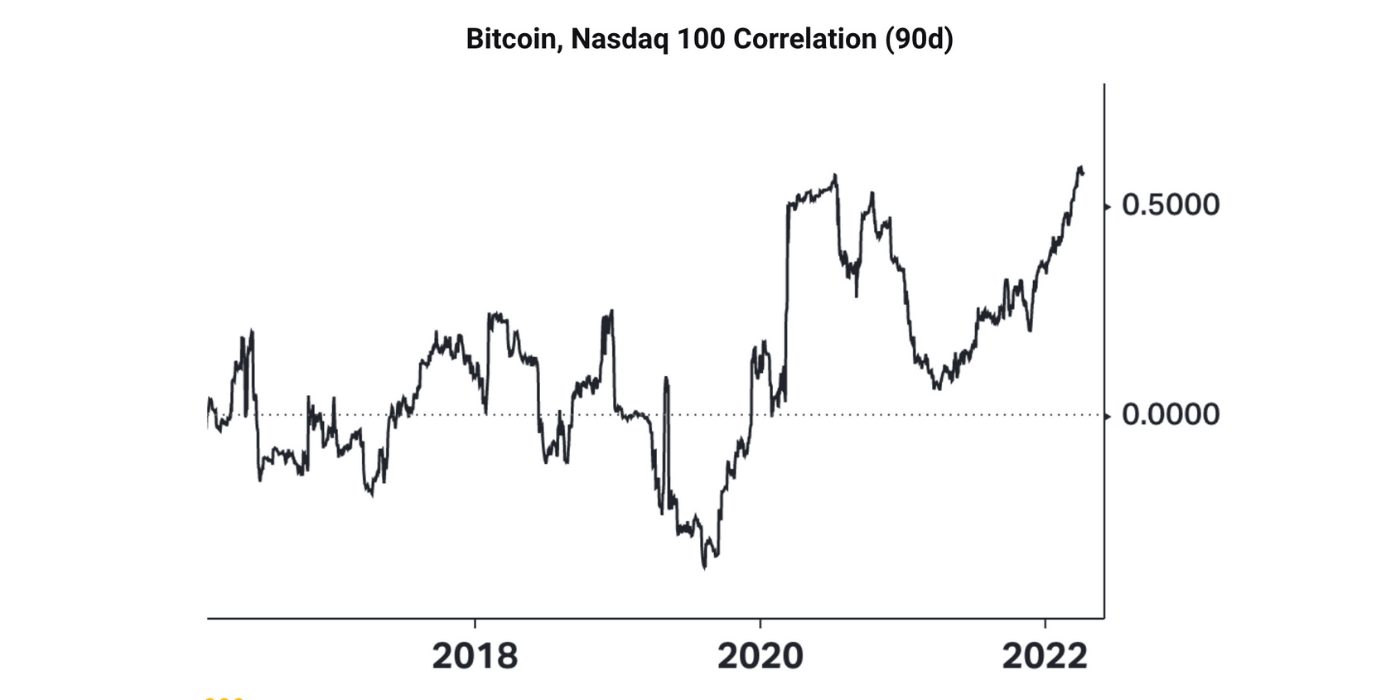Shortly after Russia’s invasion of Ukraine, crypto donations poured in from around the globe to help fund the war effort, eclipsing US$100 million. In a surprising twist, the nation’s central bank has now placed limitations on crypto purchases for its citizens:
Preventing ‘Unproductive Capital Outflows’
According to a National Bank of Ukraine (NBU) announcement, Ukrainians are now prohibited from purchasing digital assets using the country’s fiat currency, the hryvnia (UAH).
They are, however, permitted to purchase crypto up to a maximum of 100,000 UAH (approximately US$3,400) per month, provided it is done with foreign currencies. According to the announcement, these measures have been put in place under martial law to prevent “unproductive capital outflows” from the country.
The NBU commented that the measures were “temporary” and that it planned to allow those citizens fleeing the country to make cross-border peer-to-peer (P2P) transfers within the above limit from accounts in its national currency.
Not as Crypto-Friendly as Expected
With the Ukraine government being a beneficiary of crypto donations, even partnering with FTX to do so, the NBU’s move has been almost universally criticised on Twitter:
Capital controls are common, particularly during times of war, but there is something particularly stinging about this ban. Perhaps because it emanates from a nation that appeared to be progressive and on board with the crypto industry and community. It could also be the realisation that the NGU has effectively denied Ukrainians a financial offramp to further currency debasement, inflation and economic ruin.
As much of the developed world has “stood with Ukraine”, it’s evident that the latest measures represent just another blow for a population knee-deep in kinetic war:




